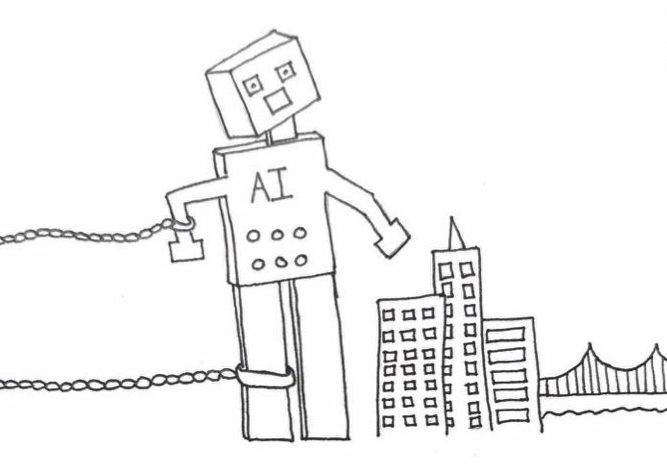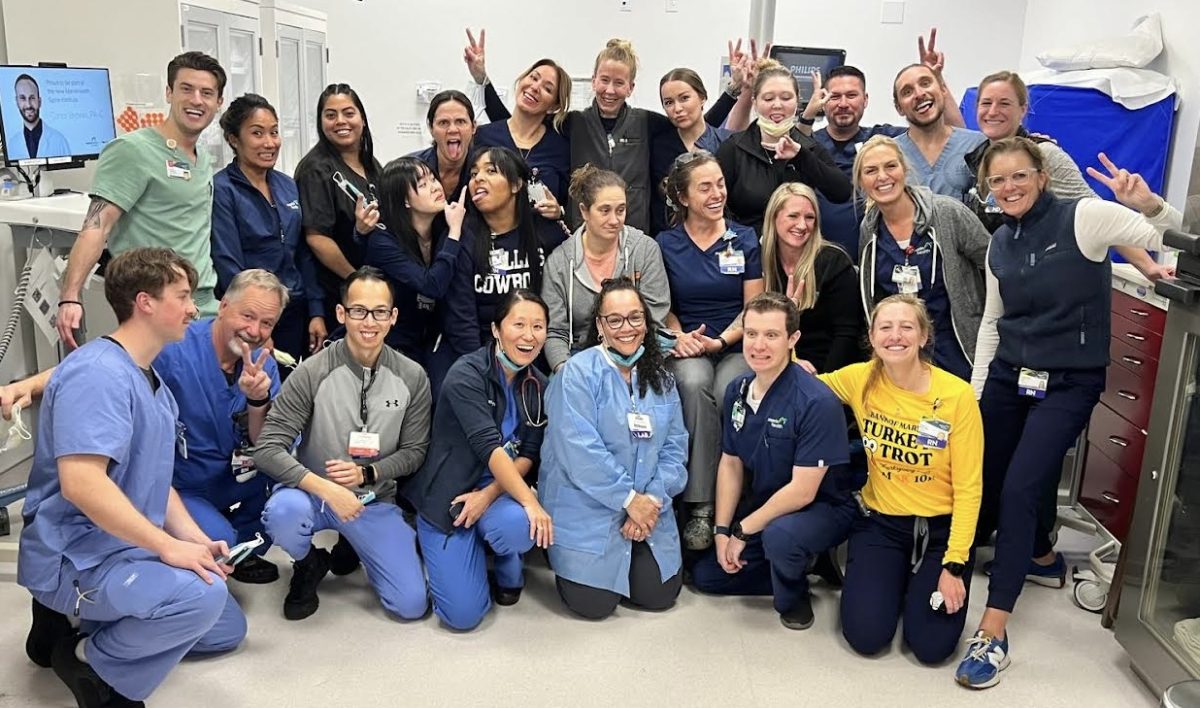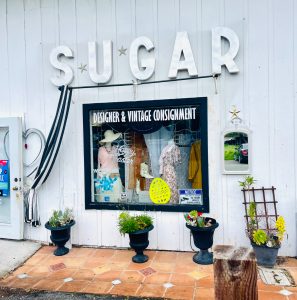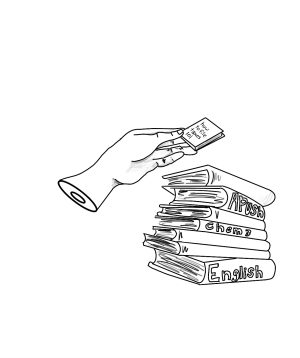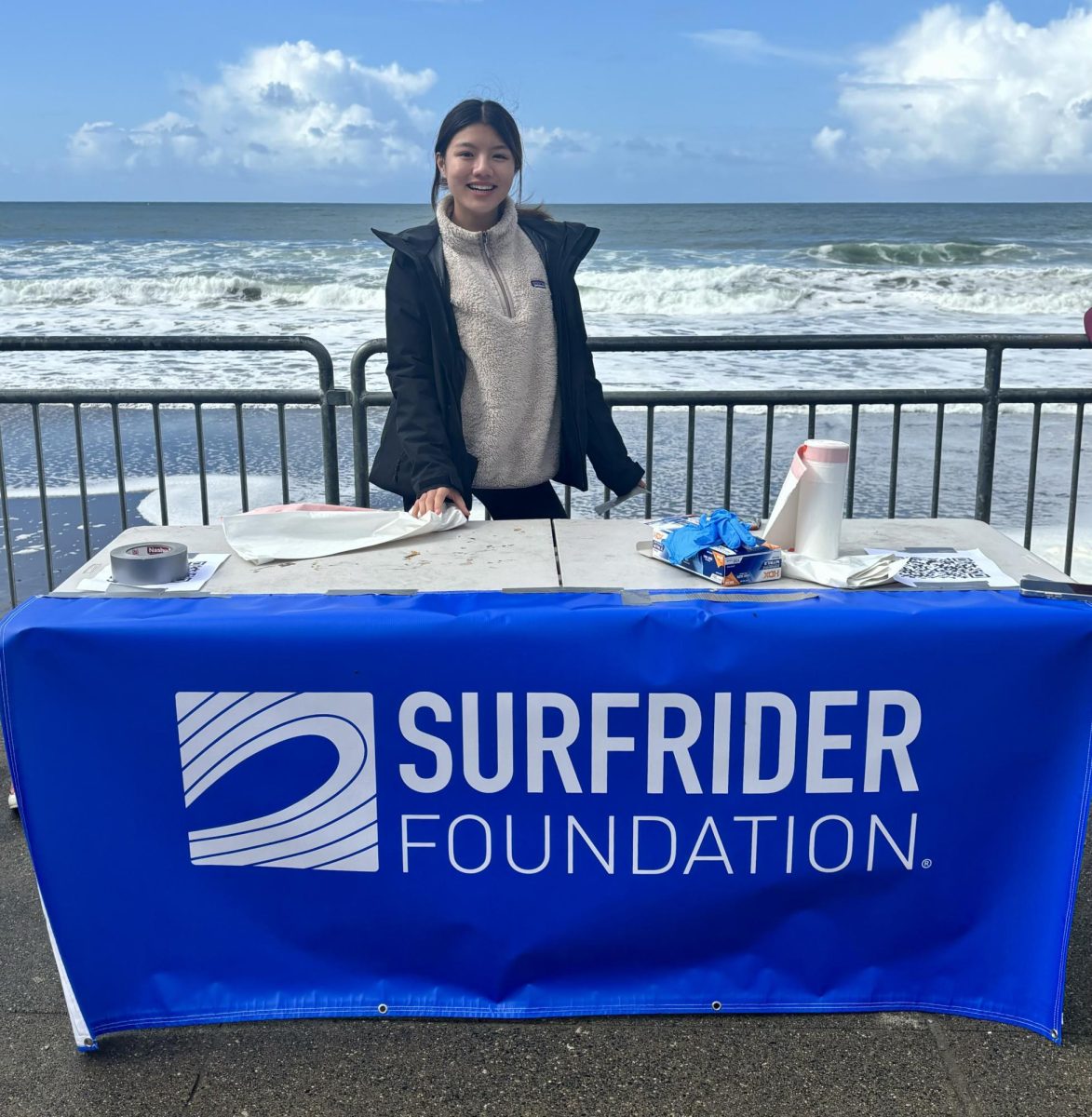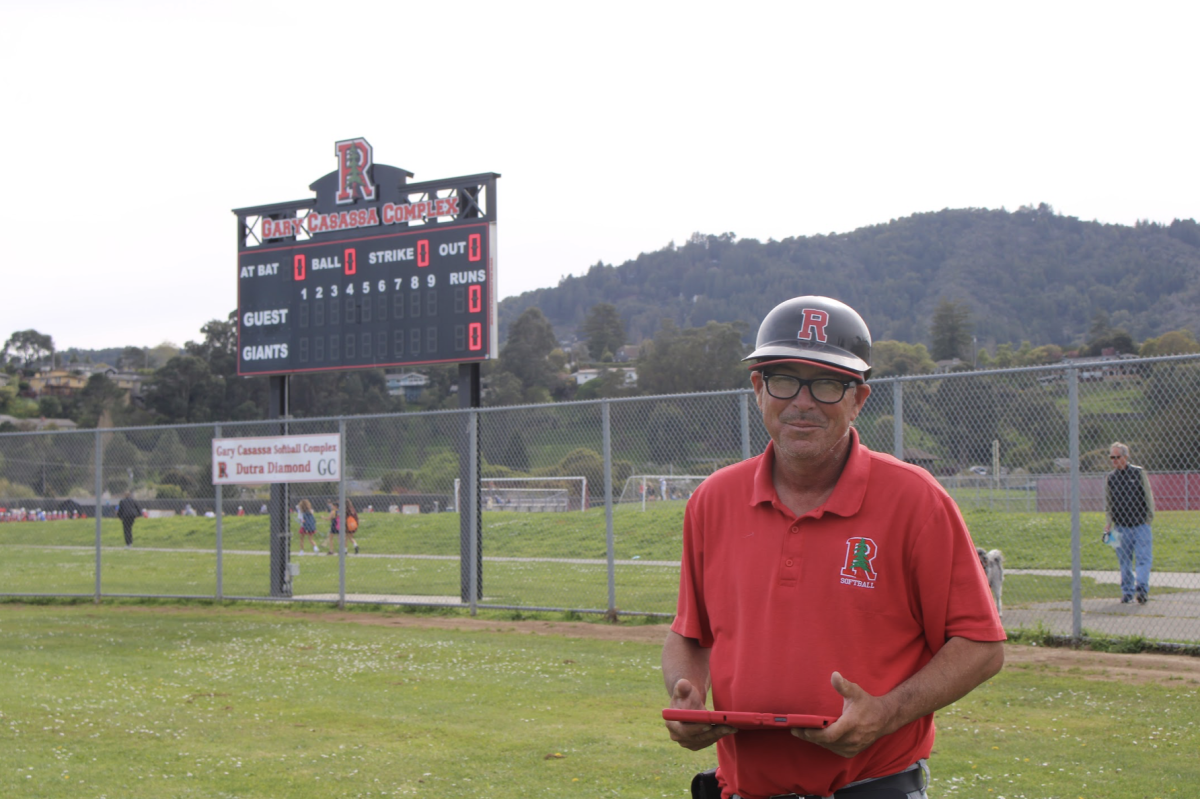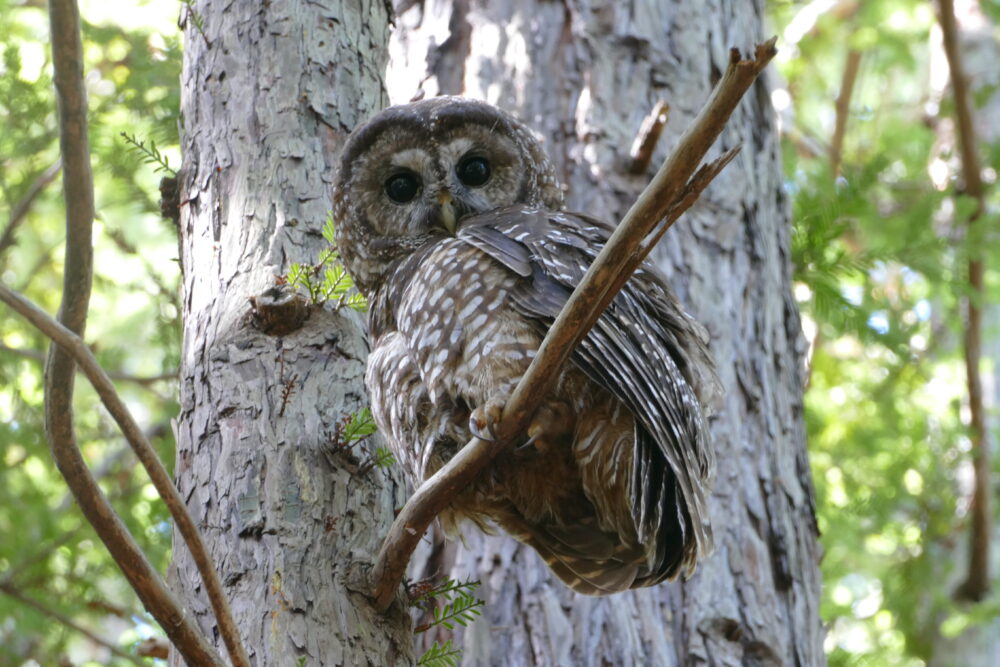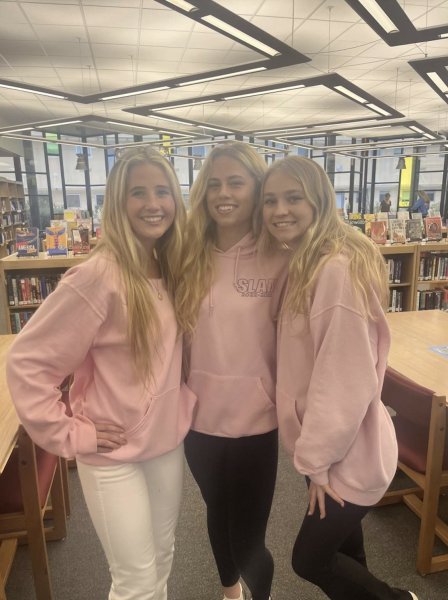
Over the past seven years, the Student Led Anti-Racism Movement (SLAM) course has worked to address microaggressions and the biases of racism in the Redwood community. While many veteran SLAM students are motivated in the class, four seniors including Caroline O’Donnell, Allie Douglas, Maddie Herrero, and Sophie Letts have shown exceptional commitment.
Some of the activities that contribute to the overall success of the SLAM class are giving presentations that aim to educate underclassmen and visiting local middle schools. The class works together to prompt open-ended discussions and collaborations to inform students about racial topics in a predominantly white community. SLAM not only focuses on educating others about racist acts but also on how students can intervene if they do occur in their lives. Douglas explains the importance of addressing these conversations, even though they can be difficult.
“If you never start these conversations [about microaggressions], they are never [going to become] easier. So, you plant the seed and accept that not everyone knows what they are saying, but if you just talk then you will have an open mindset,” Douglas said.
SLAM veterans intentionally focus on educating underclassmen to discourage microaggressions in our community and set a boundary about racial biases at a younger age. O’Donnell explains how these visits can impact the Redwood community and the SLAM class.
“I felt like we made the most change [in SLAM] when we went into Mr. Hirsch’s classroom and we presented to his freshman Social Issues classes. We had very good conversations with these students and they said [the visit] was one of the most impactful lessons out of semester one. That was empowering to see. We were having an effect on students and it also was amazing to see them grow,” O’Donnell said.
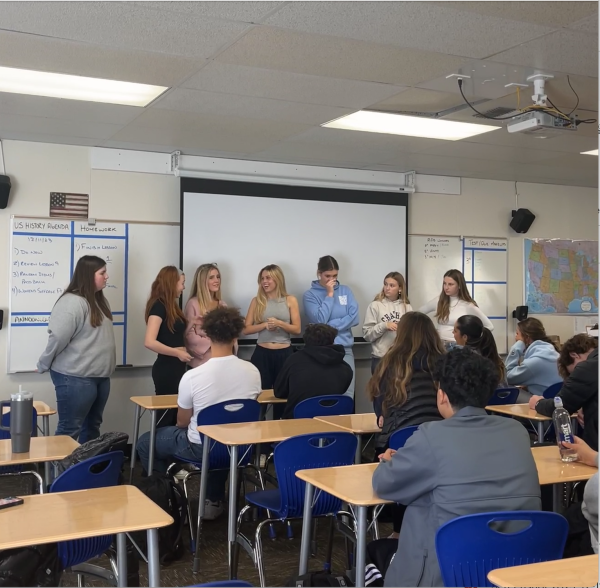
Although there are many benefits to being leaders of the SLAM class, certain setbacks such as difficulty with inattentive students during educational visits, and in class can make the class difficult to navigate. However, paying close attention to both positive and negative outcomes of the lessons taught in class and during their visits allows each SLAM student to digest the end result to ultimately advance the future of SLAM. Letts explains the difficulty of educating students as the responses in discussions are not always as expected.
“We’ve had struggles with people not willing to learn, especially when [our lesson] doesn’t end up how we want. [However], when we accomplish this type of work, we learn to accept and acknowledge the outcome of our experiences. This leads us to discuss what we can change,” Letts said.
Not being present for the conversations students have after SLAM visits can make it hard to recognize if change is being made. However, knowing that students’ voices are heard can make an immense difference for the SLAM class and community. Herrero expresses that while these conversations are important, growth often occurs individually.
“At the end of the day, most reflections happen alone. We’re not going to be present for conversations people have so we hope that [our visits] start to shift their mind and create positive effects,” Herrero said.
Applying character development skills and sharing discrete perspectives about racial biases and microaggressions are key aspects of SLAM and are taught each day in class. The course ensures that no voice is unheard within the Redwood community, and there is no hesitancy when talking about racial subjects and what it means to be anti-racist.
“[In SLAM,] we learn about these racial biases, how to address them [and] to ultimately become the best version of ourselves.” O’Donnell said.


